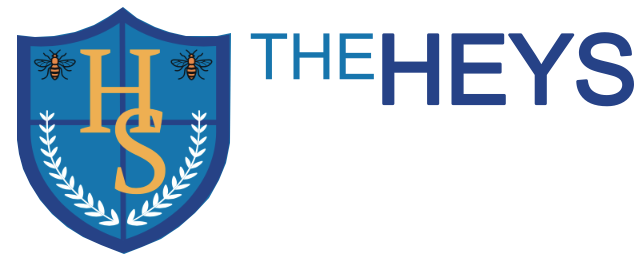
Our vision for the subject is to empower students with the knowledge and skills to navigate and thrive in a technology-driven world. We envision a future where every student is equipped with a solid foundation in computer science, enabling them to become critical thinkers, problem solvers, and creators of innovative solutions.
Our goal is to inspire students to explore their creativity and pursue their passions through projects and real-world applications. By emphasising collaboration and teamwork, we aim to cultivate a supportive learning environment where students can share ideas, learn from each other, and develop essential skills for the future workforce.
Ultimately, our vision is to prepare students for a technology-driven society, equipping them with the tools they need to succeed in higher education, careers, and as responsible digital citizens.
Our for this subject is to provide students with a comprehensive and engaging learning experience that equips them with essential knowledge and skills in the field of computer science. Through our curriculum, we strive to foster a deep understanding of computational thinking, coding principles, and information technology, empowering students to become critical thinkers, problem solvers, and creators.
Our intent is to cultivate a learning environment that promotes collaboration, creativity, and hands-on exploration. By incorporating practical projects and real-world applications, we aim to inspire students to apply their knowledge to solve problems and develop innovative solutions. We also emphasize the development of essential skills such as logical reasoning, algorithmic thinking, and effective communication, which are invaluable in both higher education and future careers.
Furthermore, we are committed to nurturing responsible digital citizenship. We intend to instil ethical values and promote the responsible use of technology, ensuring that students understand the societal implications and potential impacts of their actions in the digital realm.
Year 7, 8 and 9 students are taught Computer Science in mixed ability classes for 1 hour a week. At the end of each topic, the students are assessed of the knowledge they have gained and understood, as well as monitoring their progress throughout the curriculum. Feedback is provided and catered to each individual student in terms of what went well and even better if. Targets are created at the end and then shared to the students.
The curriculum for KS3 aims to develop students’ computational thinking skills, problem-solving abilities, and understanding of key concepts related to technology and programming.
During KS3 Computer Science, students are introduced to fundamental concepts such as algorithms, data representation, and programming languages. They learn to think logically, break down problems into smaller steps, and create solutions using programming constructs. The curriculum often includes hands-on activities and projects that allow students to apply their knowledge and develop practical skills.
Topics covered in KS3 computer science may include:
Digital Literacy: Students are introduced on how to keep safe online. This is taught as the world becomes more digital, students are exposed to being online a lot more through social media and using the internet. Students will learn on what they can and cannot do online to keep them safe.
Programming: Students are introduced to programming languages, such as Python or Scratch, and learn to write code to create simple programs. They gain an understanding of variables, control structures (loops and conditionals), functions, and debugging techniques.
Data representation: Students explore how data is stored and represented in computers. They learn about binary numbers, binary arithmetic, and different data structures like arrays and lists.
Hardware and systems: Students gain knowledge about the components of a computer system, including the CPU, memory, storage, and input/output devices. They learn how these components work together to execute programs and perform tasks.
Information Technology: Students are equipped with the skills to use information technology to create programs, systems, and a range of content. Which will benefit them throughout the years in education after.
Students who choose to study Computer Science as a GCSE; this is a subject that is counted towards the English Baccalaureate, have 3 hours a week and are working towards one GCSE qualification. From September 2021 they follow the OCR 2020 Syllabus (J277). They will be awarded a grade 1-9 following their GCSE examinations in the summer of Year 11.
The course is taught in mixed ability classes. Assessments to track progress are set regularly throughout each half term. With feedback being related to GCSE criteria to highlight areas of strength and development throughout the course.
The department uses a flipped learning approach to completing this course and homework is therefore set weekly and it is important students complete this homework each week.
The final assessment of this course is done with an exam in the summer of Year 11 and the completion of two controlled assessment units. It is important to remember that once the controlled assessment has started then feedback for that unit is not permitted.
The GCSE Computer Science course will cover the following topics:
Computer Systems – Year 10:
- Systems architecture
- Memory and storage
- Computer networks, connections, and protocols
- Network security
- Systems software
- Ethical, legal, cultural, and environmental impacts of digital technology.
Computational Thinking, Algorithms and Programming – Year 11:
- Algorithms
- Programming fundamentals
- Producing robust programs
- Boolean logic
- Programming languages and Integrated Development Environments.
The topics students cover throughout Key Stage 3 and Key Stage 4 are outlined in the link below:
Computer Science – https://www.sciencedaily.com/releases/2024/04/240417182811.htm
